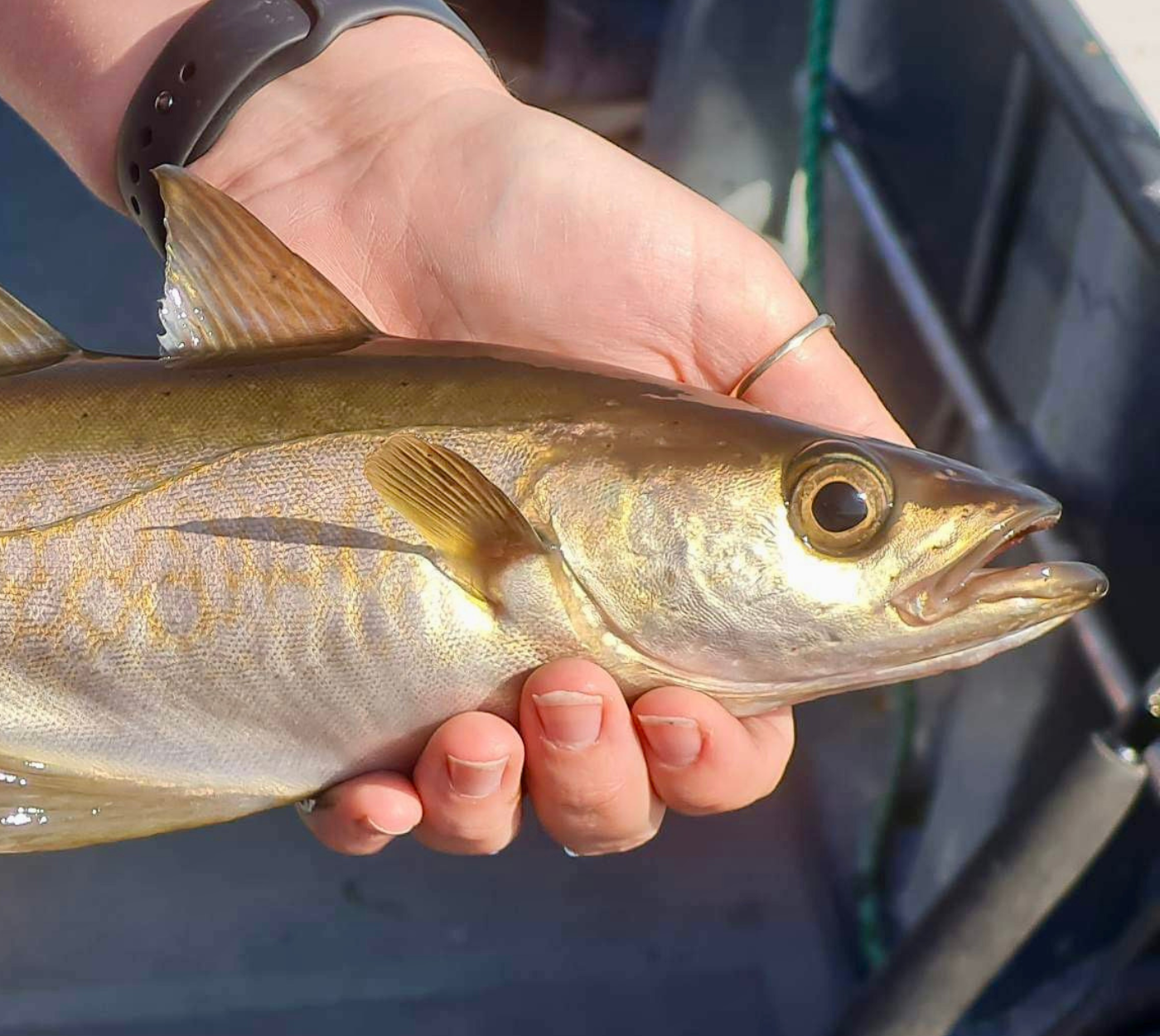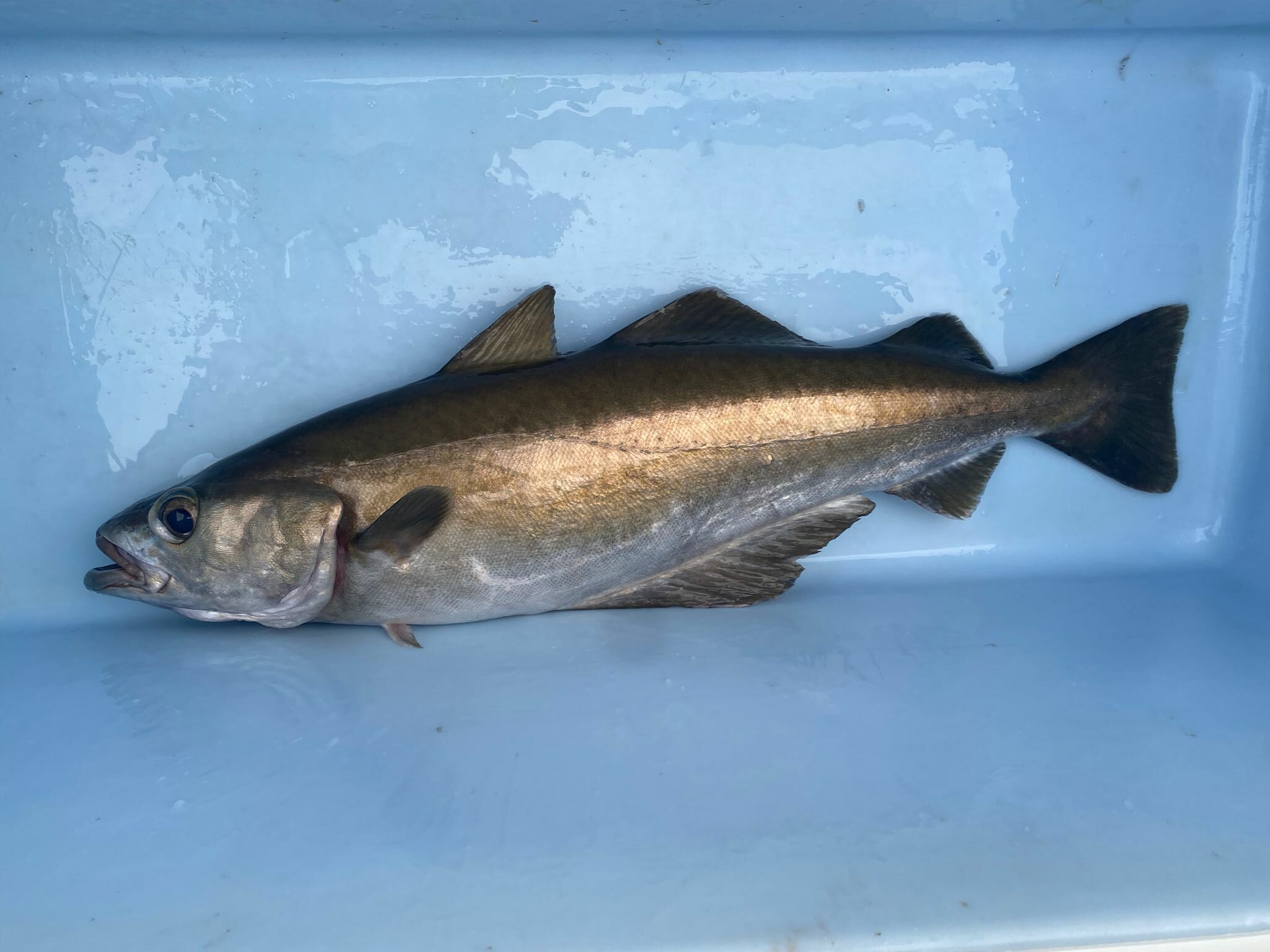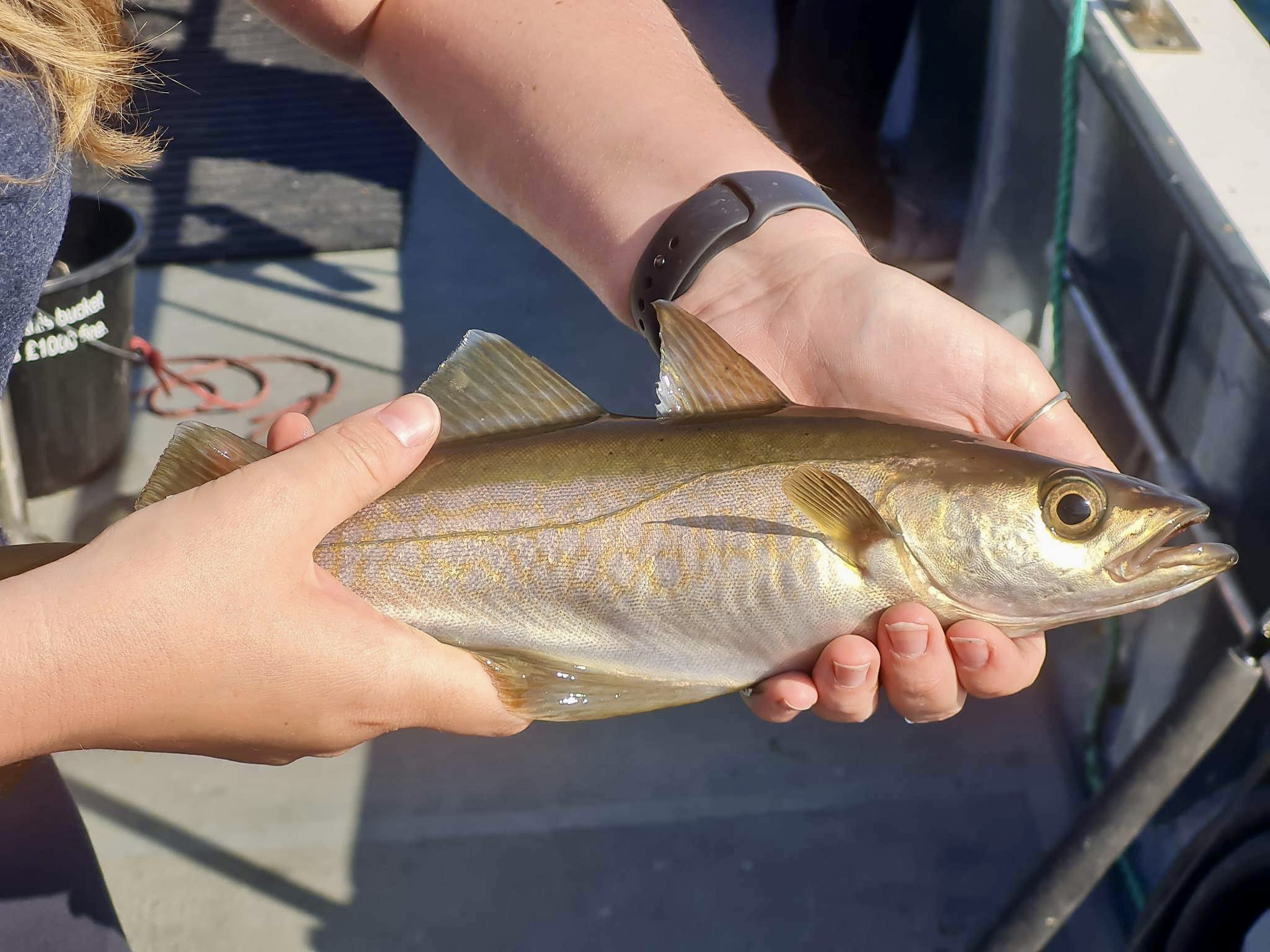
Marine
Angling Trust fight for anglers to have their say as the government commits to exploring recreational pollack management in 2024
Over the last eight weeks, the Angling Trust has worked hard behind the scenes to avoid the worst-case scenario for recreational anglers through the annual UK-EU negotiations following ICES advice on pollack for a zero catch in 2024.
Thanks to our work, anglers will now have an opportunity to have their say on pollack management in the new year. Instead of a decision being reached on recreational pollack fishing via the annual UK-EU negotiations, without proper consultation with the sector, there are now commitments in the written record for Defra to work collaboratively with the sector to find a solution in 2024. The government’s commitment to working collaboratively with recreational anglers is a testament to how far we have come since recreational fishing was formally recognised as a stakeholder in UK fisheries.
As a recreationally important species that supports many livelihoods, the Angling Trust is committed to ensuring any recreational management for pollack is proportionate and pragmatic.
Hannah Rudd, Policy and Advocacy Manager at the Angling Trust said “After speaking with many recreational anglers and charter skippers it is clear to the Angling Trust that the pollack stock has experienced a sharp decline and is in poor shape. The stock is suffering from historic mismanagement by fisheries managers.”
“Action must be taken to rebuild the pollack stock. However; given the lack of robust evidence on recreational fisheries, the Angling Trust is against disproportionate management of the recreational sector. The Trust also has concerns about the unforeseen consequences of implementing a bycatch-only commercial fishery.”
“The Angling Trust is committed to identifying a solution that works for both anglers and recovering the stock, along with building the evidence base to support sustainable fisheries management. We will work with Defra in seeking to develop a sensible, pragmatic management regime for pollack.”
Minister Mark Spencer responded to a written question by the Angling APPG Chair Sir Charles Walker MP earlier this month:
“On 30th June 2023, the International Council for the Exploration of the Seas (ICES) issued zero-catch advice for pollack 6 and 7 for the first time. In the annual UK-EU negotiations on fishing opportunities, our approach to negotiating catch limits is based on the best available scientific advice, balanced with commitments to economic sustainability and providing opportunities for the UK fleet, consistent with the objectives of the Fisheries Act and Joint Fisheries Statement.
While the evidence base is limited, the ICES advice for pollack in area 6 and 7 notes that recreational catch is likely to be a large component of the total catch. Further work is needed to explore the potential to reduce pressure on the stock through management of the recreational fishery, underpinned by data and the best available scientific evidence. This is in line with our commitments under the Joint Fisheries Statement, including ensuring that recreational sea fishing is environmentally, socially and economically sustainable.
As this is a jointly managed stock with the EU, we have committed to take forward work on this important issue in the Specialised Committee on Fisheries as a matter of urgency in 2024. We will work closely with the recreational sector throughout this process.”
The Angling Trust recognise the diverse range of views amongst sea anglers on how the government move forward. We have already heard from many of our members with suggestions ranging from no recreational management to a closed season to protect spawning fish, an increase in minimum conservation reference size to better reflect the size of maturity to a complete closure of the fishery.
We are working closely with our advisory groups to discuss potential outcomes in detail and are always open to hearing from our members on their views as we shape our position in 2024.
The Angling Trust is involved in a Fisheries Industry Science Partnership with the University of Plymouth, the Professional Boatman’s Association and the University of York that focuses on pollack. For a statement from the partnership on the role of Pollack FISP in light of this announcement please visit: https://www.plymouth.ac.uk/news/study-furthers-aim-of-offering-new-insights-into-pollack-populations.
Stuart Singleton-White, Head of Campaigns at the Angling Trust said “The Angling Trust’s priority is to ensure recreational anglers have an opportunity to express their views during this process. We recognise how important pollack fishing is to recreational sea anglers and will update our membership on opportunities to engage as they emerge.”
“This is yet another example of where the Angling Trust are fighting on behalf of recreational sea anglers and charter skippers on an issue which could have huge implications. Whilst we have come a long way in recognition this is a stark reminder of how crucial it is that anglers have a voice on policy matters and in order to properly represent the sector we would ask sea anglers who care about the future of their sport to give us their support – no-one else is going to speak up on your behalf at the level required.”
As recreational sea anglers, it’s essential to stay informed and engaged in matters that directly impact the health of our ocean and the future of our sport. The Angling Trust is committed to fighting for fish, fishing and the environment.
Become a member of the Angling Trust today and pledge your support.
Make sure you subscribe to our newsletter and join our Facebook group to be the first to know about the latest sea angling policy developments.
You might also like

Angling Trust Strongly Oppose Pollack Recreational Fishing Restrictions

“What a load of pollacks!” Angling Trust Urge Minister…

Project Pollack: Understanding a Recreationally Important Fish

Angling Trust Strongly Oppose Pollack Recreational Fishing Restrictions

“What a load of pollacks!” Angling Trust Urge Minister…

Project Pollack: Understanding a Recreationally Important Fish

Angling Trust Strongly Oppose Pollack Recreational Fishing Restrictions

“What a load of pollacks!” Angling Trust Urge Minister…









